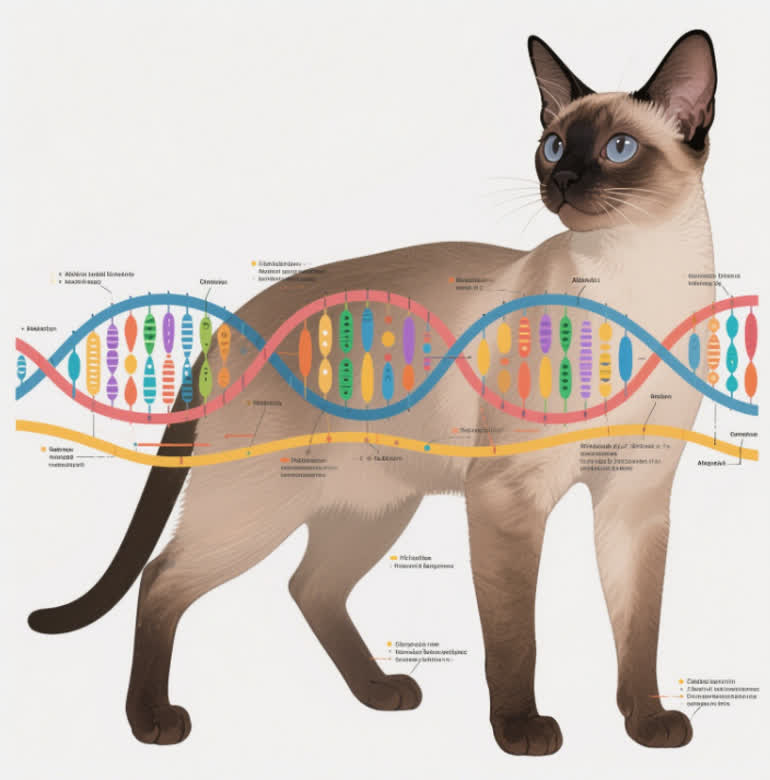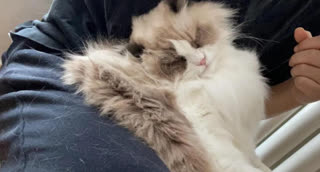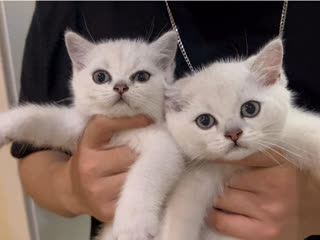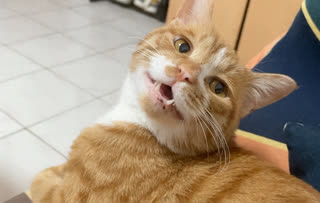The Abyssinian cat breed, known for its striking ticked coat and playful personality, has captured the hearts of feline enthusiasts worldwide. However, like many purebred cats, Abyssinians are prone to hereditary health conditions—one of the most concerning being progressive retinal atrophy (PRA). Fortunately, advancements in veterinary science now offer a proactive solution: Abyssinian cat genetic testing for PRA prevention. This innovative approach allows breeders and pet owners to safeguard future generations of these beloved cats. In this guide, we’ll explore how genetic testing works, why it’s critical for Abyssinians, and how it can help eradicate PRA in the breed.
Understanding PRA in Abyssinian Cats
Progressive retinal atrophy (PRA) is a degenerative eye disease that leads to blindness in cats. In Abyssinians, a specific autosomal recessive mutation in the RdAc gene is responsible for late-onset PRA. Symptoms typically appear between 1.5 and 2 years of age, starting with night blindness and progressing to total vision loss. Since PRA is inherited, Abyssinian cat genetic testing for PRA prevention is the only reliable way to identify carriers and prevent affected kittens from being born.
The Science Behind Genetic Testing
Genetic tests for PRA analyze DNA samples (often collected via cheek swabs) to detect mutations in the RdAc gene. Cats are classified into three categories:
Clear (Normal): No copies of the mutated gene.
Carrier: One copy of the mutation; carriers won’t develop PRA but can pass the gene to offspring.
Affected: Two copies of the mutation; these cats will eventually go blind.
By integrating Abyssinian cat genetic testing for PRA prevention into breeding programs, responsible breeders can avoid mating two carriers, eliminating the risk of producing affected kittens.
Why Genetic Testing Matters for Abyssinian Cat Breeders
Ethical Breeding Practices
Reputable breeders prioritize the health of their cats. Testing ensures that only genetically healthy Abyssinians contribute to the gene pool.Preserving the Breed’s Future
Unchecked PRA could reduce the breed’s popularity and genetic diversity. Testing protects both individual cats and the Abyssinian lineage.Transparency for Buyers
Adopting Abyssinian cat genetic testing for PRA prevention builds trust with prospective owners, who increasingly demand health guarantees for purebred pets.
How to Implement Genetic Testing in Your Breeding Program
Partner with Reputable Labs
Labs like UC Davis Veterinary Genetics Laboratory and Wisdom Panel offer breed-specific PRA tests.Test Early and Often
Screen breeding cats before mating, and retest periodically as new mutations may emerge.Educate Buyers
Share test results openly and explain how Abyssinian cat genetic testing for PRA prevention ensures healthier kittens.
Addressing Common Misconceptions
Myth: “Only show cats need genetic testing.”
Fact: Even pet-quality Abyssinians should be tested to prevent accidental carrier pairings.Myth: “PRA is rare, so testing isn’t urgent.”
Fact: Studies suggest up to 10% of Abyssinians carry the RdAc mutation, making testing essential.
The Cost of Genetic Testing vs. the Cost of Neglect
While genetic testing costs 75–150 per cat (depending on the lab), the long-term savings are significant. Breeders avoid costly veterinary bills for blind cats, legal disputes with buyers, and reputational damage. For pet owners, Abyssinian cat genetic testing for PRA prevention offers peace of mind and reduces emotional strain from preventable health issues.
Success Stories: Breeders Leading the Way
Catteries like "Silver Mirage Abyssinians" have eliminated PRA from their lines through rigorous testing. Their transparency about Abyssinian cat genetic testing for PRA prevention has strengthened their reputation and customer loyalty.
The Abyssinian cat breed’s survival and thriving population depend on proactive health measures. By embracing Abyssinian cat genetic testing for PRA prevention, breeders and owners can ensure these intelligent, affectionate cats live full, healthy lives—free from the shadow of hereditary blindness. Whether you’re a seasoned breeder or a first-time owner, genetic testing is a small step with a lifelong impact.










